
Project gateway
Get to know the 53 projects that we fund so far. You can also check the list of operations to find out who receives the funding.
Browse our projects
53
558
606
37
188
99 m €

Reducing social disparities in a joint effort
Social and economic disparities remain evident in central Europe and negatively influence cohesion. Social exclusion and poverty also affect some regions more than others and this needs to change. To do so, the 3P4SSE project goes beyond state-of-the-art social innovation projects. The partners adopt a place-based clustering approach when addressing specific challenges of social and solidarity economies. Amongst others, they create a multilevel network scheme based ...

Connecting regions to European transport networks
The trans-European transport networks carry a large share of long-distance freight transport across Europe. But connections between the main nodes of these networks and rural or peripheral regions are rather weak, with negative consequences for transport operators. The ACCESSMILE project improves the accessibility of such regions with the networks. To this end, the partners pilot new strategies and action plans to optimise IT processes ...
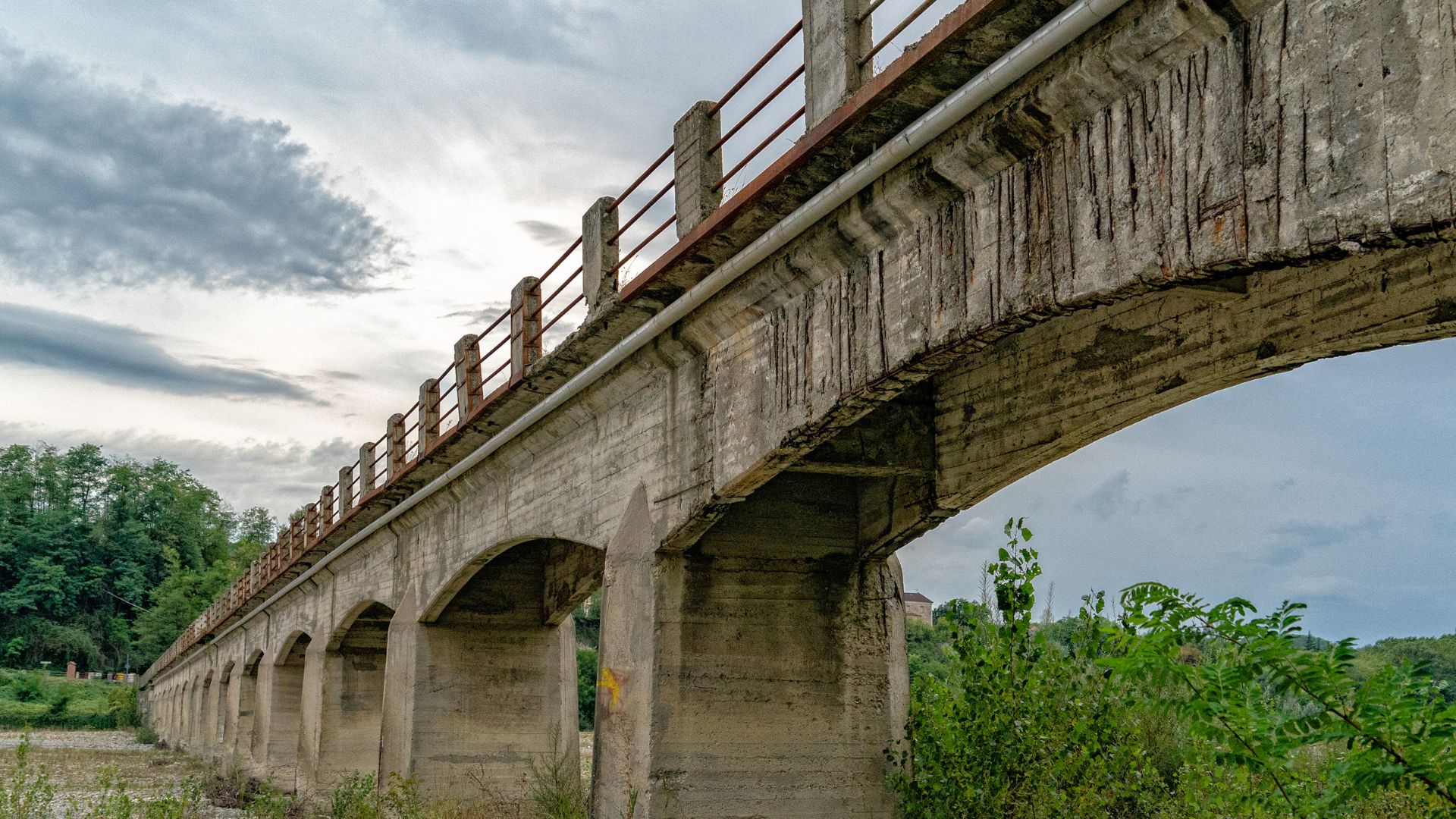
Optimising bridge maintenance
Bridges are critical transport infrastructure and need regular maintenance to be safe. Smart systems help with monitoring and allow to optimise maintenance processes. But they carry a high price tag. The BIM4CE project designs a new bridge management solution that will be effective for less money. The solution will be based on already existing technology and scalable. It will pave the way not only ...

Boosting the bioeconomy
The bioeconomy concept seeks to replace fossil resources with renewable raw materials in as many areas and applications as possible. The BIOECO-UP project widely establishes this concept across central Europe. The partners will design new circular value chains for the bioeconomy and change consumer behaviour. They will also support the policy level to push ahead with the transformation.

Building capacity for digital, green and creative business transformation
Many companies lack internal capacities for transforming their business models to a more sustainable one. The Capacity2Transform project promotes innovative business support scheme that systematically help companies to adapt and bring more sustainable products and solutions to the market. Project connects businesses, training institutions, research organisations and policy makers into a supportive digital, green and creative innovation ECOSYSTEM and supports the efforts of CCIs ...

Boosting carbon farming in central Europe
Carbon farming is the process of changing agricultural practices to increase the amount of carbon stored in the soil, or to reduce greenhouse gas emissions from livestock. It has huge potential but is still underused in central Europe. The Carbon Farming – CE project wants to change this and make regions more familiar with the concept. The partnership adapts and tests various techniques and ...
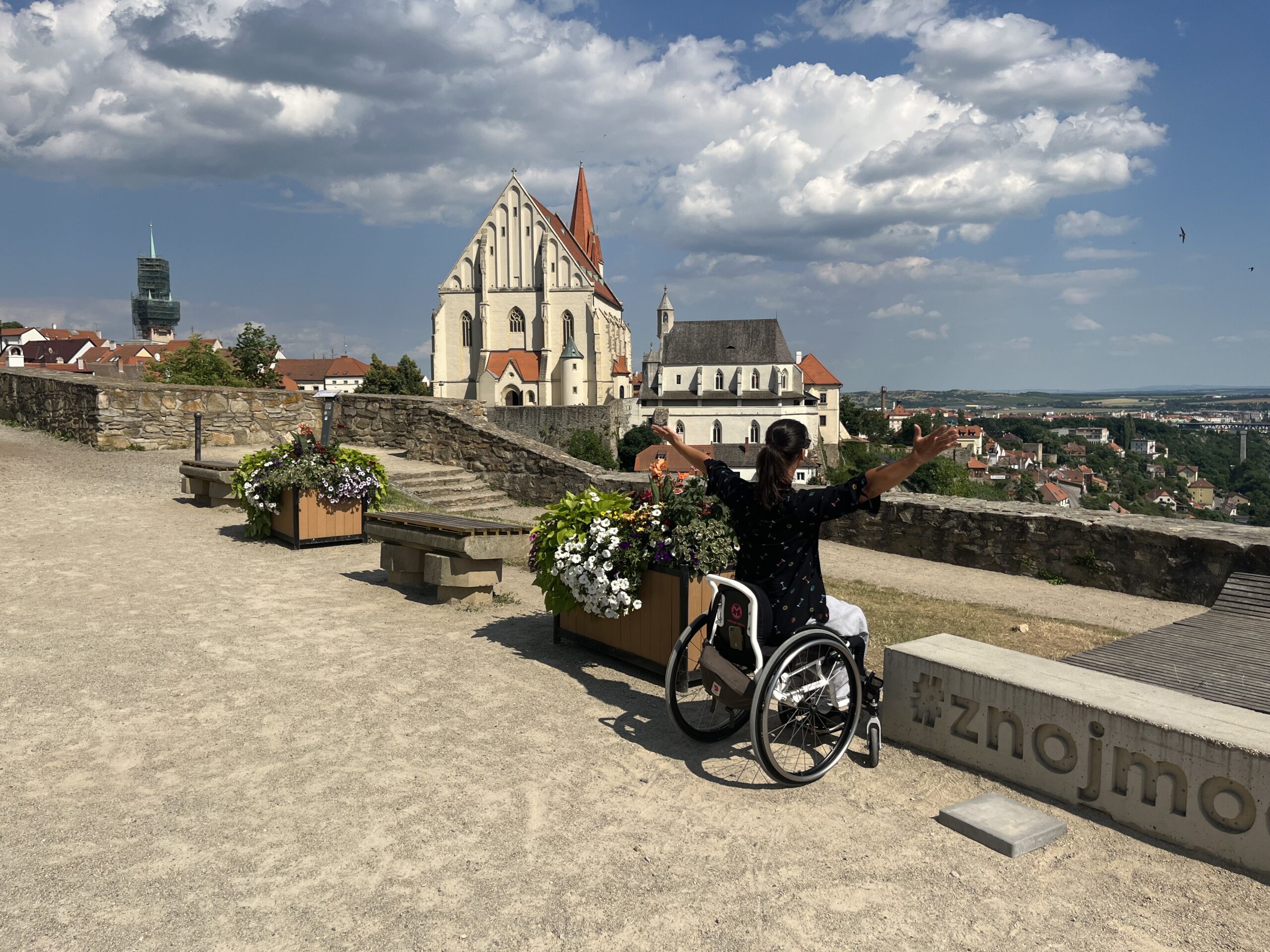
Making tourism accessible to all
Accessible tourism allows people with disabilities to travel independently. But there is still often a lack of awareness for their needs. The CE-Spaces4All project connects public authorities, the tourism sector and people with disabilities to improve governance for a more accessible tourism. The partners develop a digital tool for mapping barriers in rural regions and provide these with a joint strategy and local action ...
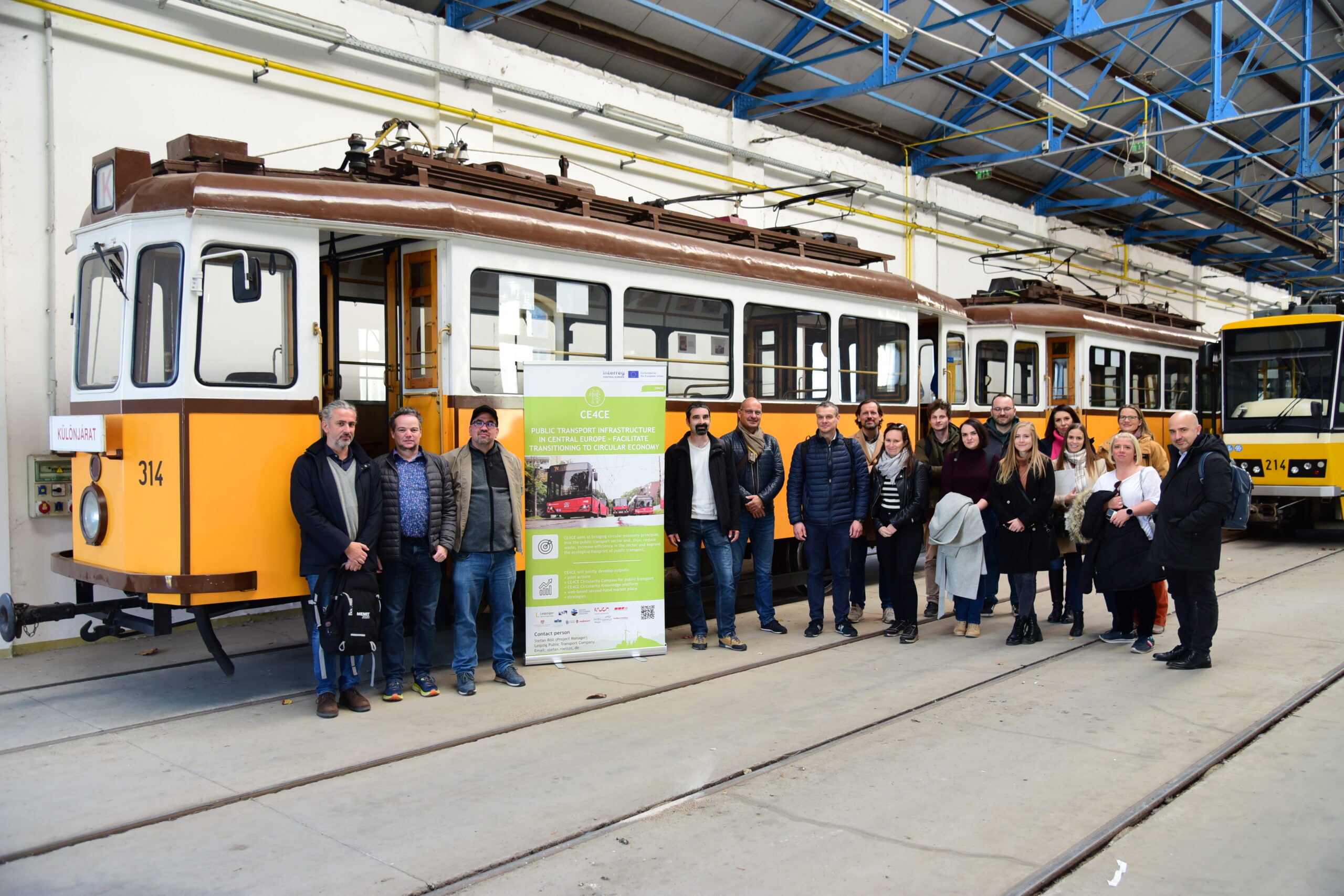
Greening public transport
Public transport helps to lower emissions but it is still resource- and waste-intensive in itself. The CE4CE project reduces the ecological footprint of public transport through a higher circularity. The partners identify circularity gaps and develop innovative circular economy models for planners and operators. They provide guidance on how to incorporate circular economy principles into procurement processes for services and infrastructure and design more ...

Improving cooperation among mountainous regions
The Alps and Carpathians are important natural corridors that connect many central European countries. Unfortunately, cooperation across borders often lacks a joint vision in mountain areas. To change this, the Central Mountains project designs and implements a joint strategy and regional action plans to create amongst others cross-border functional areas. By improving governance structures, processes and operations, the partners sustainably improve cooperation among Alpine-Carpathian regions.
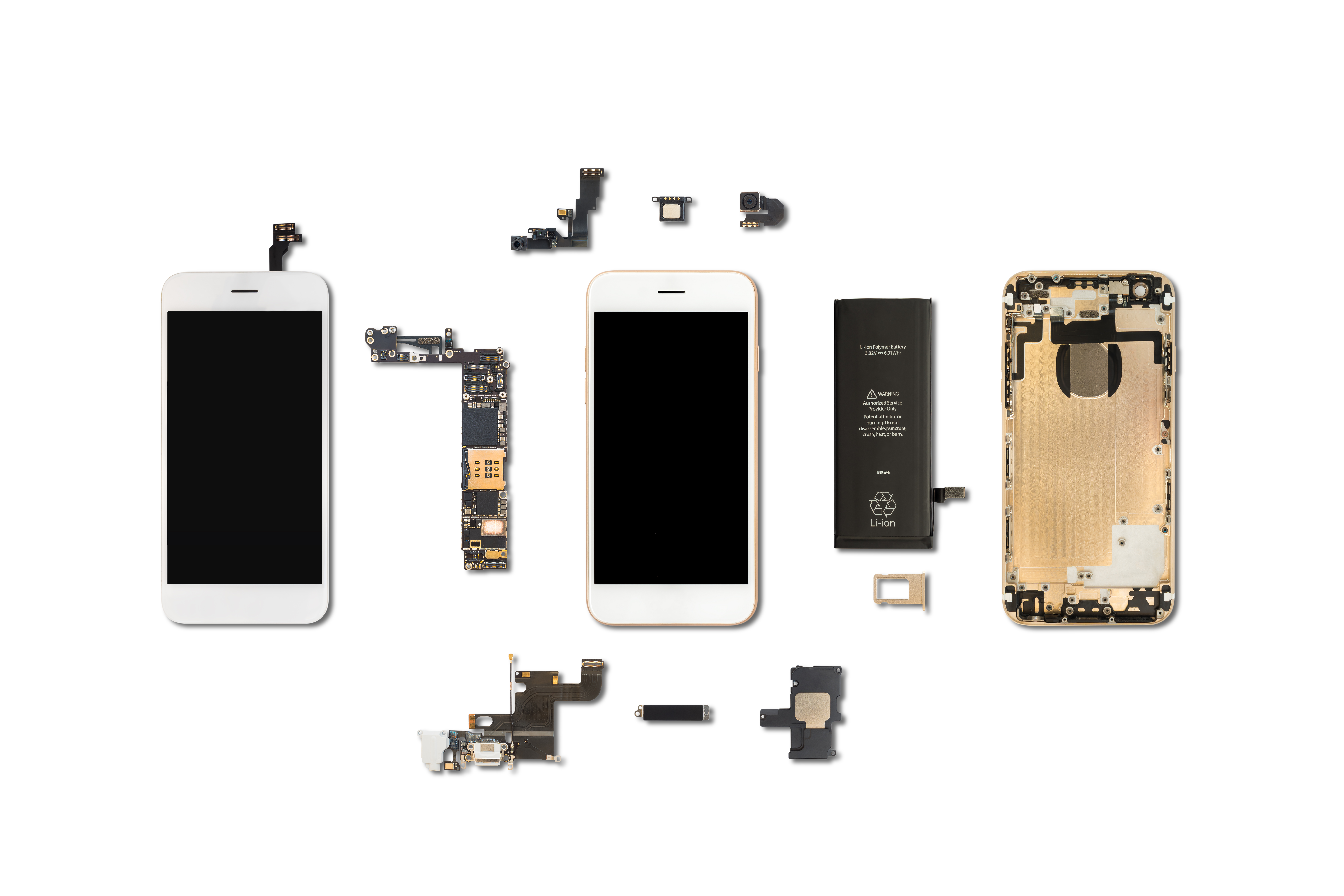
Increasing circularity in electronics production
The environmental impact of electronics manufacturing is not just limited to waste creation but also raises concerns about air pollution, water and soil contamination in production processes. To overcome this, the CIRCOTRONIC project brings together scientists, entrepreneurs, and policy makers from nine manufacturing regions in a transnational network of regional circular labs. Together, they develop solutions for more circular value chains and design a ...

Taking care of electronics waste
Discarded electrical and electronic equipment is one of the fastest-growing waste streams in Europe. Regional approaches to reducing, recovering and reusing such equipment need to be better coordinated to prevent illegal waste trafficking and disposal across borders. The Circular WEEEP project connects public authorities to identify good practices and define common waste criteria. The partners also plan to develop and test a transnational strategy ...

Preventing food waste through circularity
Nearly ten percent of all food produced for consumers goes to waste in Europe. Circular economy could help prevent much of that waste but businesses and regional planners often do not know how to introduce them. The project CIREVALC helps them to make regional value chains in the food, catering and packaging sectors more circular through a community approach. The partners jointly design and ...

Improving forecasts of extreme weather events
Climate change increases the risk of severe weather events in central Europe. Increasing resilience to droughts, heatwaves and fires is urgent but tools that monitor and predict these phenomena are widely missing. The Clim4Cast project establishes a new weather forecast tool, which will be integrated into existing national monitoring platforms of seven countries. Concrete action plans to set up regional response mechanisms are also developed.

Promoting urban farming in central Europe
The rapid expansion of cities increasingly causes land use conflicts. Green areas are declining while citizens demand more community gardens and cultivable spaces. This calls for a new approach on urban land use, which the CoFarm4Cities project delivers. The partnership develops climate-friendly, nature-based solutions that increase urban resilience to climate change. They design and pilot a replicable model for profitable urban farming with key ...

Transforming care facilities for the elderly
Society is aging fast and taking care of the elderly is becoming a challenge. Digital solutions offer support to nursing staff but the potential of digitisation is still underused. The DigiCare4CE project promotes innovative solutions that improve care quality and develops a transnational strategy for the digital transformation of care facilities. The partnership tests the deployment of new technologies in pilot actions and elaborates ...

Improving market access for care innovations
The health sector is digitalising fast. Innovative solutions are being developed but their market entry or broader application often fails due to structural shortcomings. The DIGIVITALITY project helps health care innovations to enter the health care market faster and to scale up more easily. To do so, the partnership develops a blueprint for smoother collaboration among start-ups, med-techs, hospitals and innovation hubs, which is ...
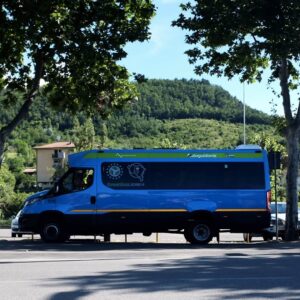
Making mobility more demand-responsive
Sustainable mobility offers are improving across central Europe but the various modes are not always seamlessly connected with each other. Such integration is especially challenging in sparsely populated regions but also cities struggle to meet customer expectations perfectly well. The DREAM_PACE develops demand-responsive transport concepts for regional mobility networks. The partners develop a strategy to integrate these into sustainable urban mobility plans and test ...

Improving access to funding for market-driven research
Funding schemes for market-driven research and innovation are rare in central Europe. Finance providers and policy makers often shy away from introducing such schemes due to their complexity. The FI4NN project is changing this by supporting the co-design of new finance instruments in regions that want to boost research and innovation. A knowledge centre promotes innovative instruments that already exist elsewhere and new financial ...
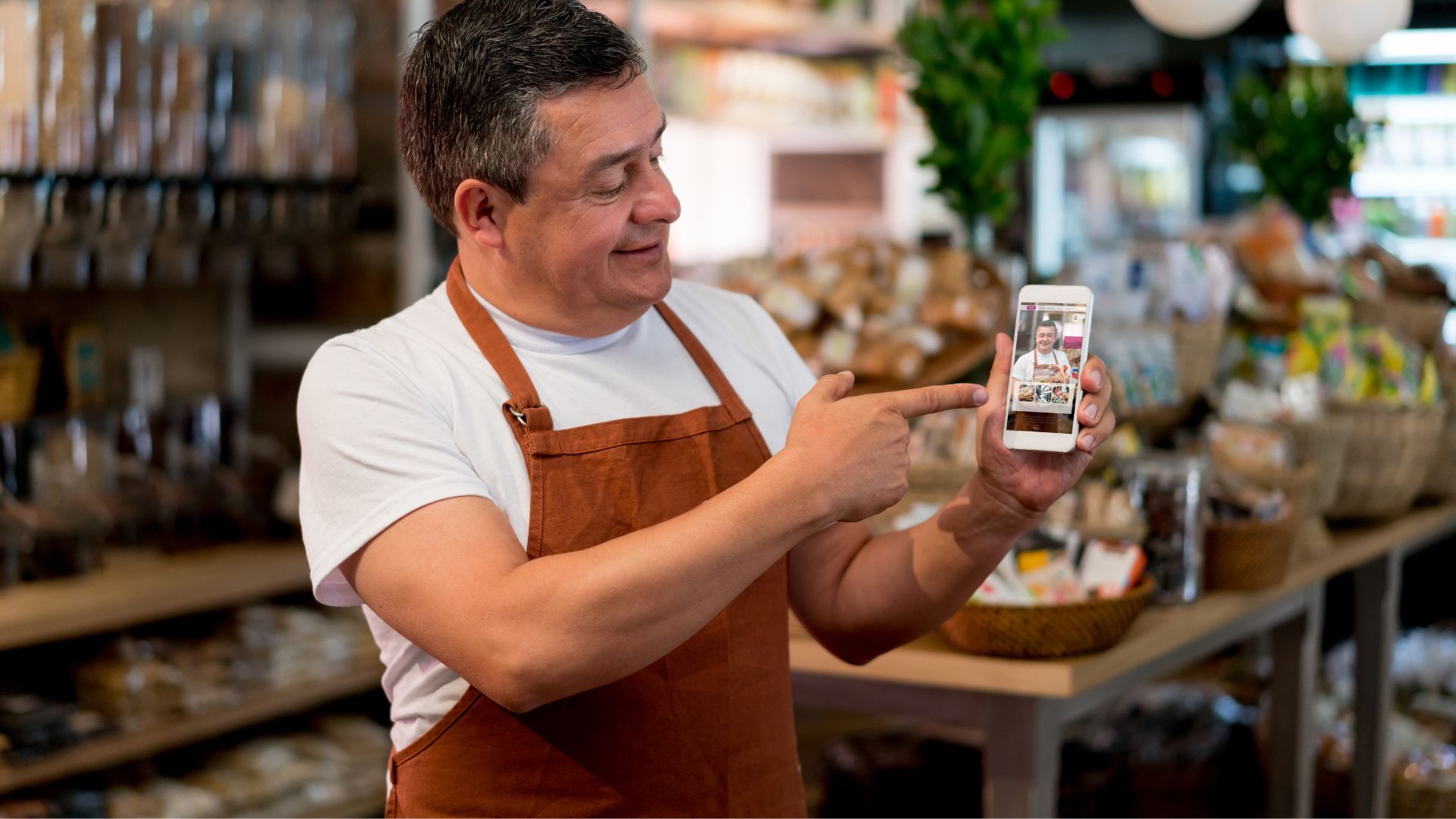
Supplying food in a more sustainable way
Alternative food networks seek to transform food supplies by connecting ethical producers and consumers more directly. Systemic policies to support such networks are widely missing in central Europe and it is time to change this. The FOOD4CE project establishes local and transnational hubs for the food and logistics sectors, in which they can exchange good practices and take up innovative technologies. The hubs will ...

Engaging citizens to improve policies
Citizens across central Europe increasingly want to get more involved in local and regional policy-making. The GEtCoheSive project develops and tests inclusive governance practices to improve public authorities’ capacities to engage with citizens from vulnerable backgrounds, especially in view of environmental policies and access to care services. The partnership develops a transnational strategy and local action plans for four cities to make their societies ...

Introducing transformative innovations safely
Technological innovations are transforming cities with a huge potential for improving people’s lives. But they need to be deployed responsibly. The GINEVRA project helps cities to effectively govern transformative innovations, such as autonomous vehicles. The partners jointly develop governance guidelines and new citizen engagement tools and test them in specific pilot actions. They also design a transnational strategy for responsibly governing the introduction of ...

Transforming value chains of the manufacturing industry
The manufacturing industry in central Europe is challenged by change. Global supply chains are increasingly disrupted and the green transition demands more sustainable, smarter value chains. The GREENE 4.0 project supports manufacturing companies in piloting such new value chains. The project also helps to co-design new products and services through open innovation approaches. In these they bring together the business sector with the education ...

Certifying impact-driven top executives
Futurepreneurs are professionals that are driven by purpose and impact. They take on societal challenges and climate change with an entrepreneurial mindset and want to improve our lives. The GREENPACT project sets up partnerships between companies and futurepreneurs. The aim is to develop a certification scheme for a new generation of impact-driven top executives. To this end, the project develops joint action plans, pilot ...

Making grey cities greener
Cities are growing in central Europe, often turning green areas into grey concrete places. This urban sprawl accelerates negative effects of climate change such as urban heat islands. The GreenScape-CE project works on reversing the trend by making urban areas greener again. The partnership strengthens planning capacities and pilots the application of nature-based solutions and green infrastructure approaches in five cities, which are significantly ...

Greening urban freight transport
People like to shop online but this comes hand-in-hand with more freight transport. Cities are most affected by higher emissions, noise and the congestion of public spaces linked to deliveries. The GRETA project offers solutions on how to decarbonise the so-called last mile of freight transport. In their joint efforts, the partners pilot the use of zero-emission-vehicles like cargo bikes. They also re-organise urban ...

Helping regions to use hydrogen
Transitioning to green energy is key to tackling climate change and creating sustainable economies. Green hydrogen holds significant promise but accounts for less than 2 percent of Europe’s current energy consumption. The H2CE project helps regions in central Europe to boost the integration of hydrogen in their local and regional energy planning. The project develops and tests new planning tools for public authorities and ...

Digitalising patient-oriented health care
Health care has to digitalise to cope with an aging population and a growing number of patients with chronic diseases. Digital solutions often exist but their transfer from one ecosystem to another remains challenging. The Health Labs4Value project supports the transfer of digital solutions through living labs. These bring together health care organisations and companies as well as policy makers and patients to jointly ...

Keeping forests healthy and functional
Forests are complex ecosystems that store carbon, preserve soils and nurture many animal and plant species. But negligence and unsustainable forest management practices endanger their health and risk biodiversity loss. The HealthyForestRegions project develops concepts to strengthen the commitment of key policy stakeholders to better safeguard forest ecosystems. The partnership also tests new tools and solutions for the transition to ecosystem-based forest management in ...

Sheltering protected areas for and with tourists
Tourism in protected areas is a sensitive issue. It is sometimes hard to find the right balance between preserving these and opening them up to visitors. The HUMANITA project develops evidence-based and participatory management tools that allow regions to better monitor and evaluate the impact of tourism in protected areas. The partnership involves tourists and local communities in the development of their solutions, which ...

Helping businesses profit from cycling routes
The potential of transnational cycling routes for tourism is still underdeveloped in central Europe. This includes the Iron Curtain Eurovelo Trail, which connects regions from Poland to Croatia along the European Green Belt. The ICTr-CE project improves the business case for this route by developing new tourism products. These result from a newly developed participatory business model, which strengthens the innovation capacities of local businesses.

Involving citizens for a just transition
With increasing energy prices, social aspects of the green energy transition have moved into focus. There is broad consensus that the transition has to be just and fair. Ideally, future energy policies and investments are co-created with citizens. The JETforCE project helps regions to better involve their citizens digitally. The partnership tests and validates two novel solutions for digital citizen engagement in policy-making and ...
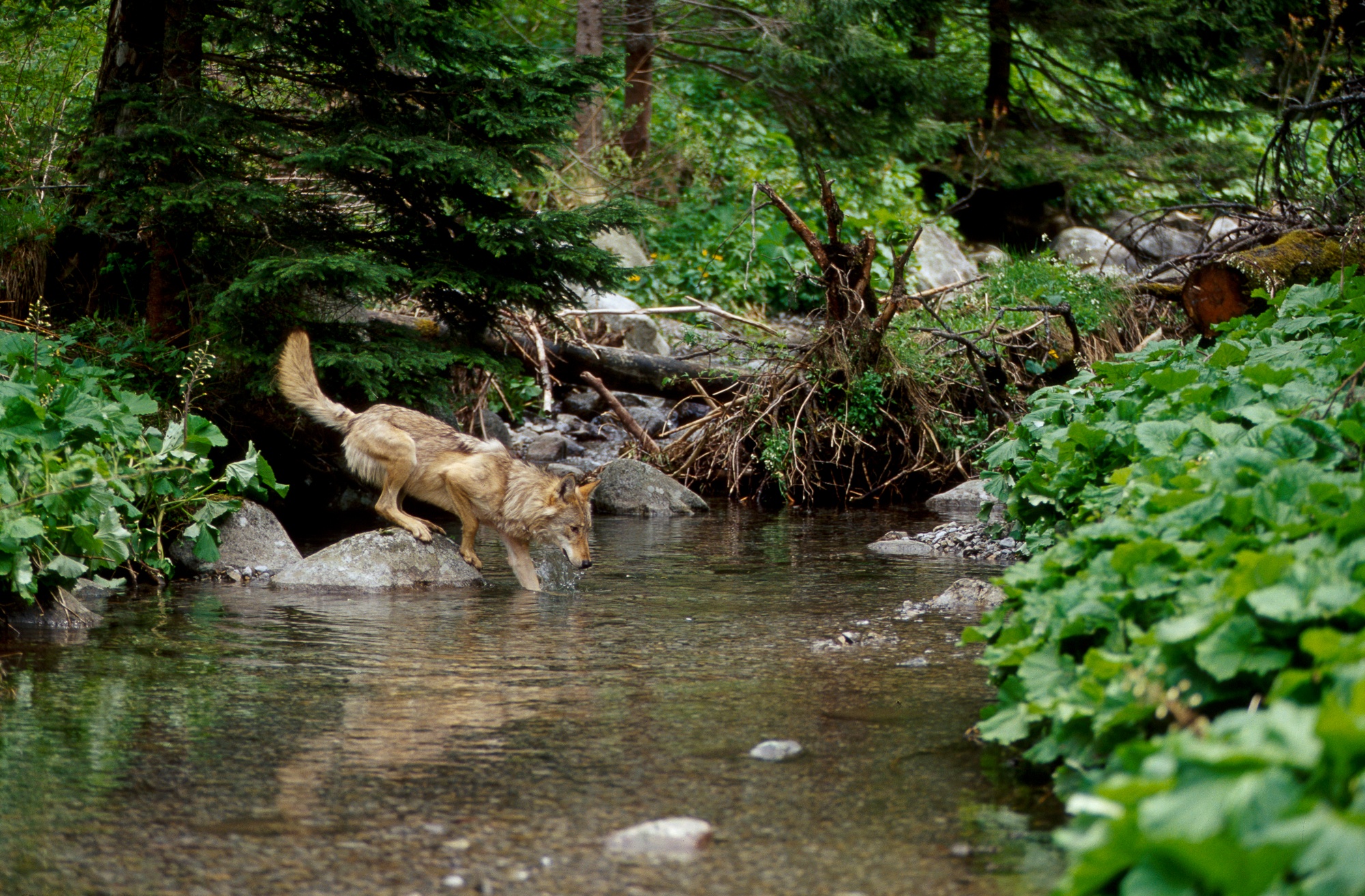
Improving life with large carnivores
The Carpathians are home to large populations of lynx, wolves and bears. In recent years, conflicts between large carnivores and humans have increased, but no one knows if this is due to growing populations because data are not collected in a harmonised way across borders. The LECA project introduces a consistent and efficient monitoring approach, which involves local stakeholders. It will result in up-to-date ...

Joining forces against extreme weather events
Extreme weather events are increasing with rising temperatures. They are best tackled in collaboration but the task too often relies on experts alone. The LOCALIENCE project takes disaster managers out of their one-directional information and service provider position and connects them in a co-design process with local communities. The partnership develops and tests collaborative disaster response and management solutions and mobilises local communities through ...

Safeguarding urban water supplies
The impact of climate change is increasingly important for the design, construction, and maintenance of water infrastructure. Scarcity of water resources due to extreme weather events and falling groundwater levels threaten our cities and regions. The MAURICE project introduces new water management solutions for cities. The partnership helps to integrate these into broader concepts on regional climate change adaptation and encourages the uptake of ...
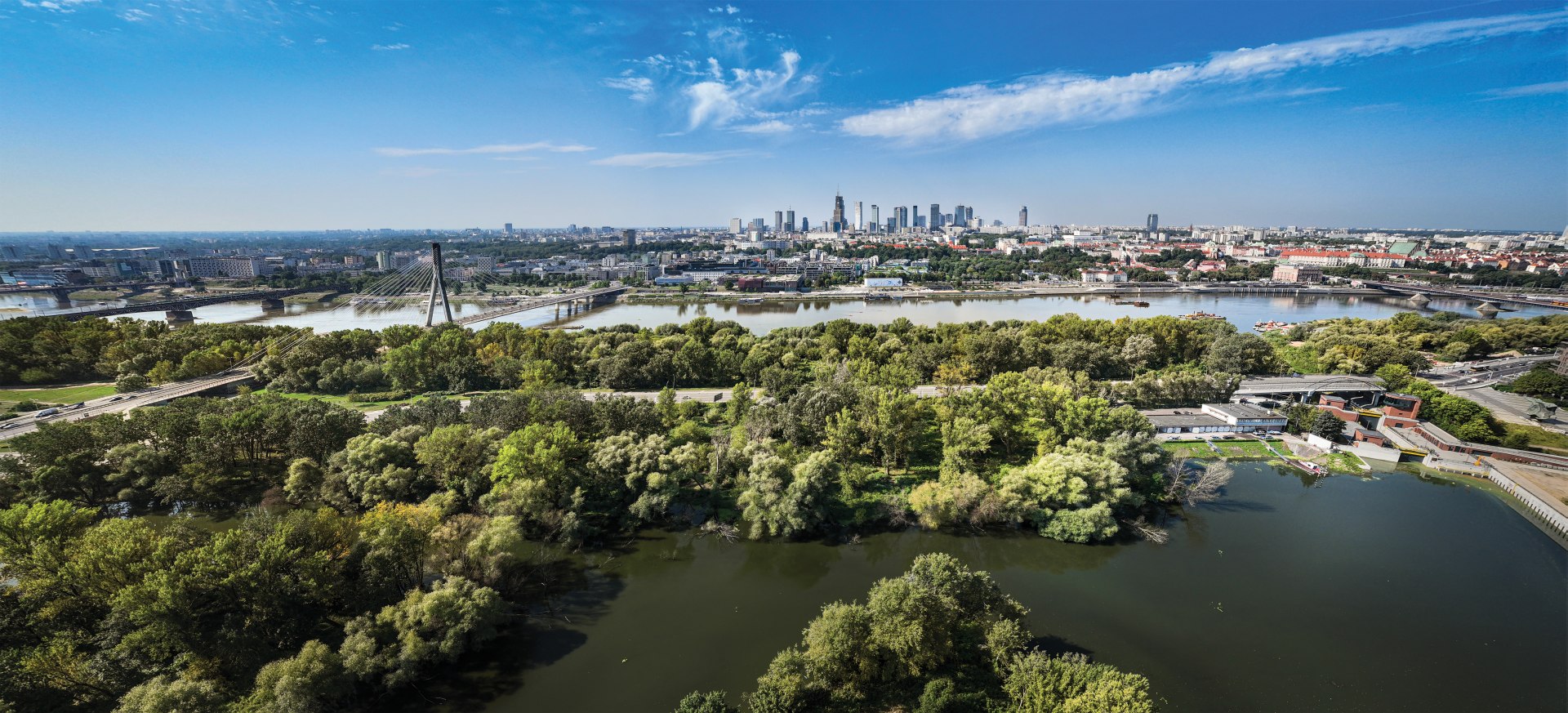
Strengthening metropolitan governance
Urban and rural regions are growing closer together across central Europe. As a result, the focus of spatial planning moved up to the level of metropolitan regions, which include commuter belts around cities. But cooperation between a city and its hinterland often remains challenging. The MECOG-CE project overcomes this by connecting eight metropolitan regions in central Europe that identify, test and share good governance tools.

Investing in climate-neutral buildings
A climate-neutral central Europe requires a drastically reduced energy consumption of buildings. However, renovation is often costly and complex. The MESTRI-CE project introduces a new investment model to finance more climate-friendly buildings that guarantee sustainability. The model covers both the supply and demand side of the renovation market and builds on data collected and tools and green standards developed by the project.

Introducing cross-sectoral climate adaptation systems
Resilience to climate change can only be achieved when you look at all parts of the puzzle. Cross-sectoral approaches are needed but silo-thinking is still hard to overcome in central Europe. The MISSION CE CLIMATE project helps regions to better coordinate their responses to climate change. The partners activate citizens in pilot regions to contribute to newly introduced community climate missions and develop a ...

Creating smart villages
Many rural areas in central Europe struggle with the digital transition. Strategies to become smarter and stay competitive are either missing or hard to transfer. The project “More than a village” is changing this. The partnership develops a smart village model that will make rural regions more attractive for people and businesses. The partnership tests the model including action plans in five different regions ...
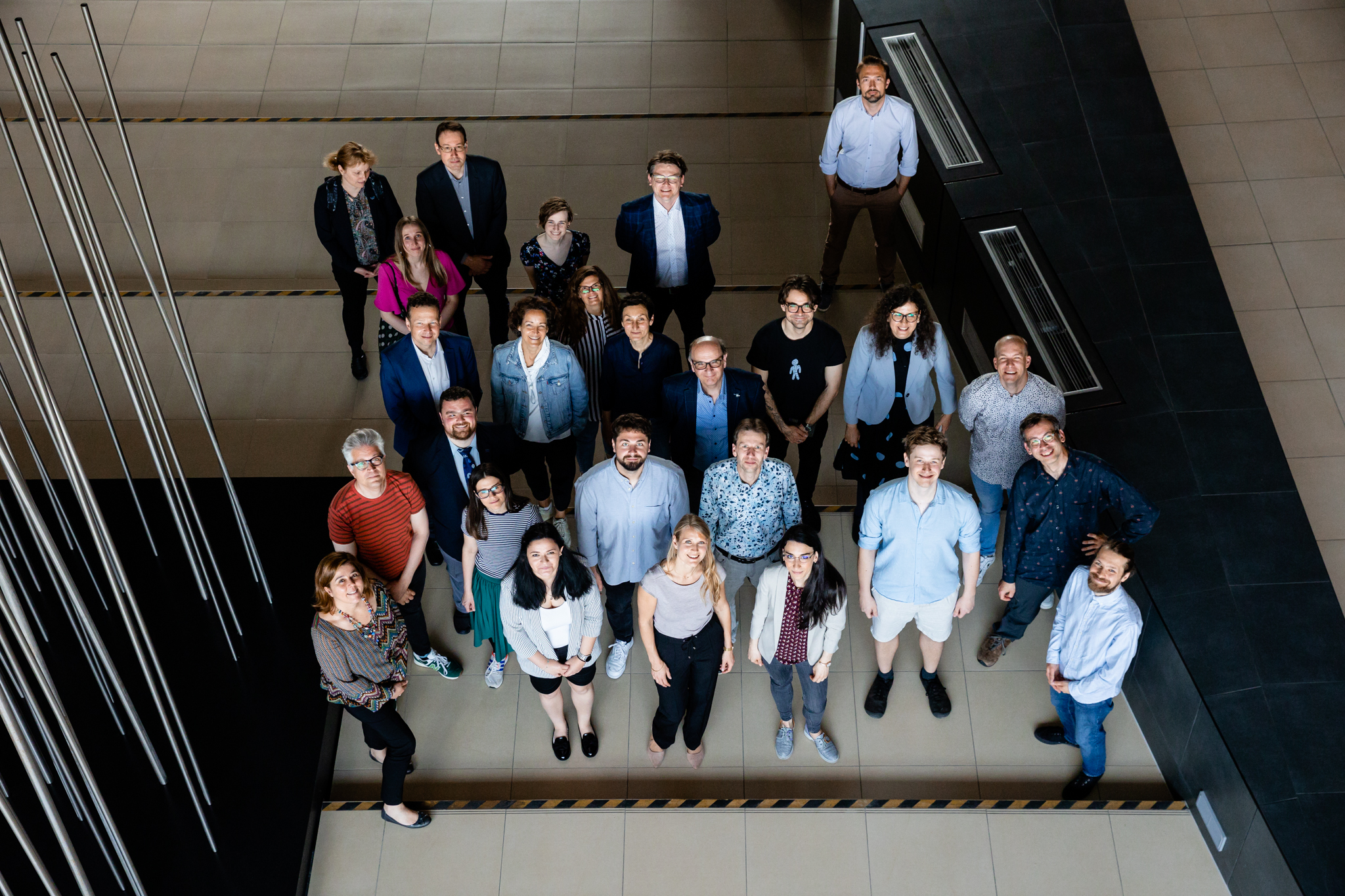
Revitalising fading city centres
City centres have long been busy places where people meet, shop and consume. This started to change fast when the Corona pandemic and growing online trade forced many shops to close. The NiCE project re-vitalises fading city centres by making local trade and consumption more circular and sustainable. The partners develop innovative urban development approaches, which focus on the creation of multifunctional resource centres ...

Parking cars the greener way
Urban mobility planning has long been focused on cars. As a consequence, parking lots reduce public spaces for trees and plants in cities. The needs of cars are prioritised over the needs of people. To change this, the NXTLVL Parking project reviews innovative parking policies and transfers them to central Europe. They design alternative approaches to make mobility planning more sustainable and introduce new ...
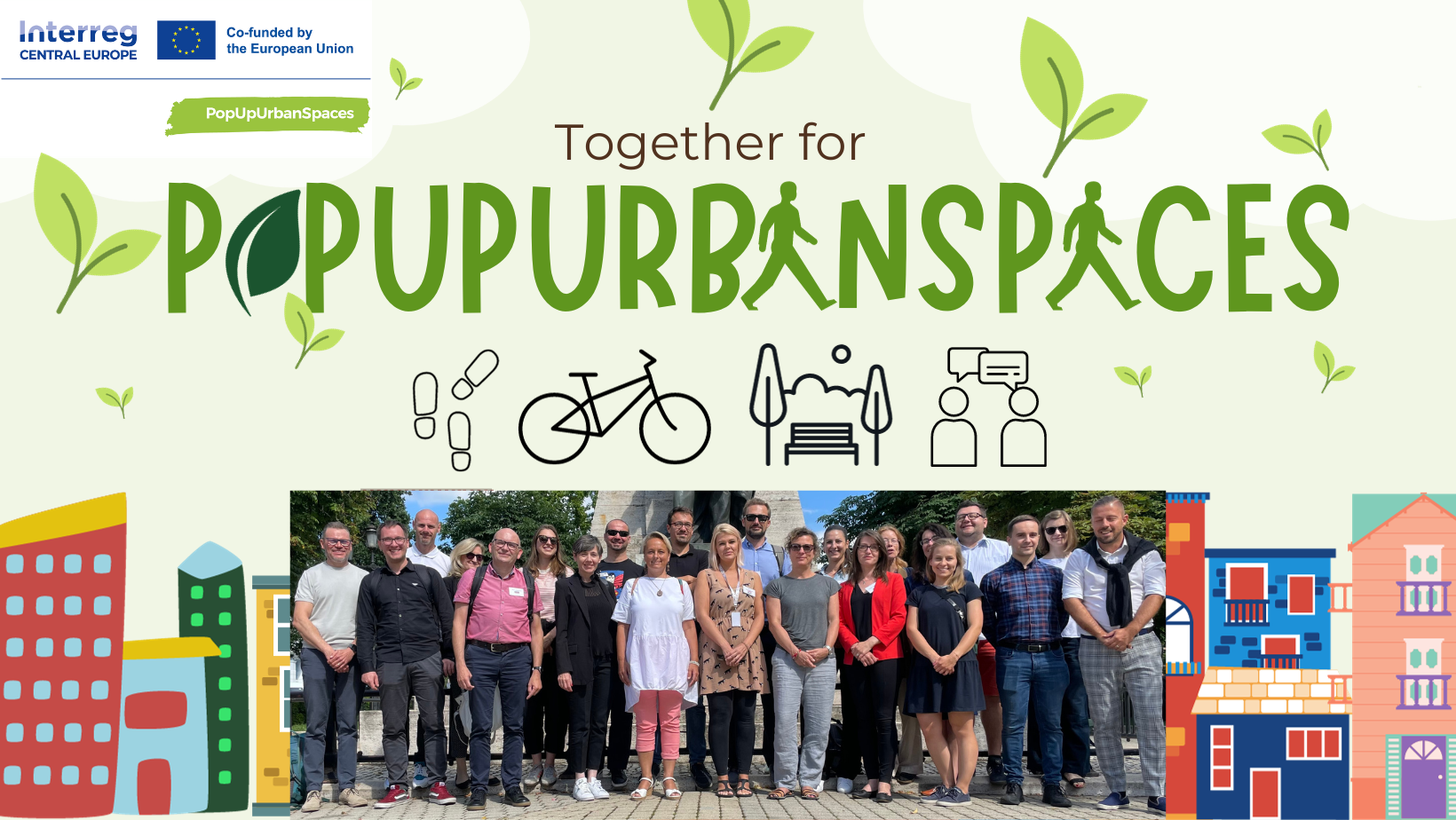
Demonstrating the benefits of greener mobility
Mobility in our cities is still dominated by cars. Sustainable options often exist but are underused. A change of user behaviour is needed. The PopUpUrbanSpaces project applies a “show and tell” approach to raise awareness on the issue. The partners design pop-up interventions to show citizens and policy makers what it would be like to have streets and public spaces not dominated by cars. ...

Digitalising rural home care
Elderly and vulnerable people wish to be taken care of in their homes. But technical solutions to support independent living of people in need of care are often missing, especially in rural regions. The PROCAREFUL project wants to improve the situation by developing a new model for hybrid homecare services. The partners work on a solution that combines face-to-face care with remote and digital ...

Putting freight on rail
To reduce carbon emissions, more goods need to be moved by rail. But currently, most freight is still transported on central Europe’s roads due to rail infrastructure gaps that reduce competitiveness. The Rail4Regions project helps transport planners to integrate regional rail lines into European freight networks. The partners develop solutions to optimise regional rail lines and access points and create action plans to encourage ...

Protecting citizens from heat
Global warming comes with more frequent and intense heat waves. Cities in central Europe need to adapt but many still lack efficient strategies and action plans to protect their citizens from heat. The Ready4Heat project helps them to introduce tested short-, medium- and long-term measures with a focus on the most urgent issue: sudden heat waves. The project makes proven and tested measures such ...

Building a greener construction sector
The construction industry heavily contributes to resource consumption, waste generation, and greenhouse gas emissions. The adoption of circular and digital practices can help reduce the environmental impact of the sector. The ReBuilt project promotes these approaches in an education programme and deploys new solutions. The partners also design a transnational circular and digital construction strategy that builds on green labelling, end-of-waste criteria, and green ...

Protecting ecosystems across borders
The European Green Belt is a unique network of ecologically important habitats and protected nature areas. Crossing countries along the line of the former Iron Curtain, it is under pressure: growing land use is leading to biodiversity and habitat degradation. The ReCo project pilots a new protection and conservation strategy by capitalising on geo-information and data processing systems. The partnership also adopts a ...
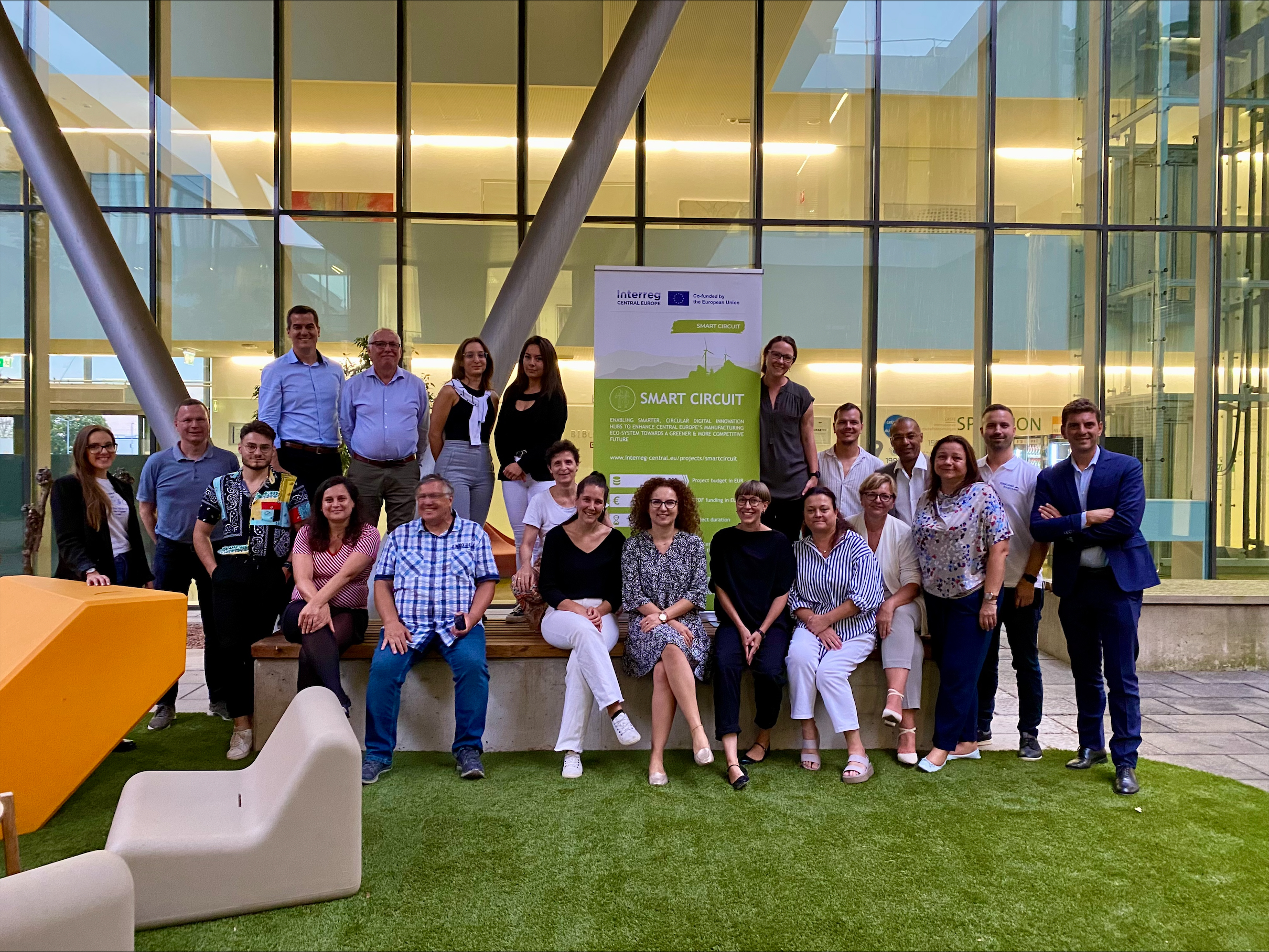
Cleaning up the manufacturing industry
Manufacturing is an important employer in central Europe. But it is also resource-intensive and produces much waste and emissions, especially in value chains related to the electronics, construction and textiles sectors. The SMART CIRCUIT project extends the scope of existing digital innovation hubs to promote circular economy practices. By connecting these hubs throughout central Europe, the partners increase knowledge on best practices and strengthen ...
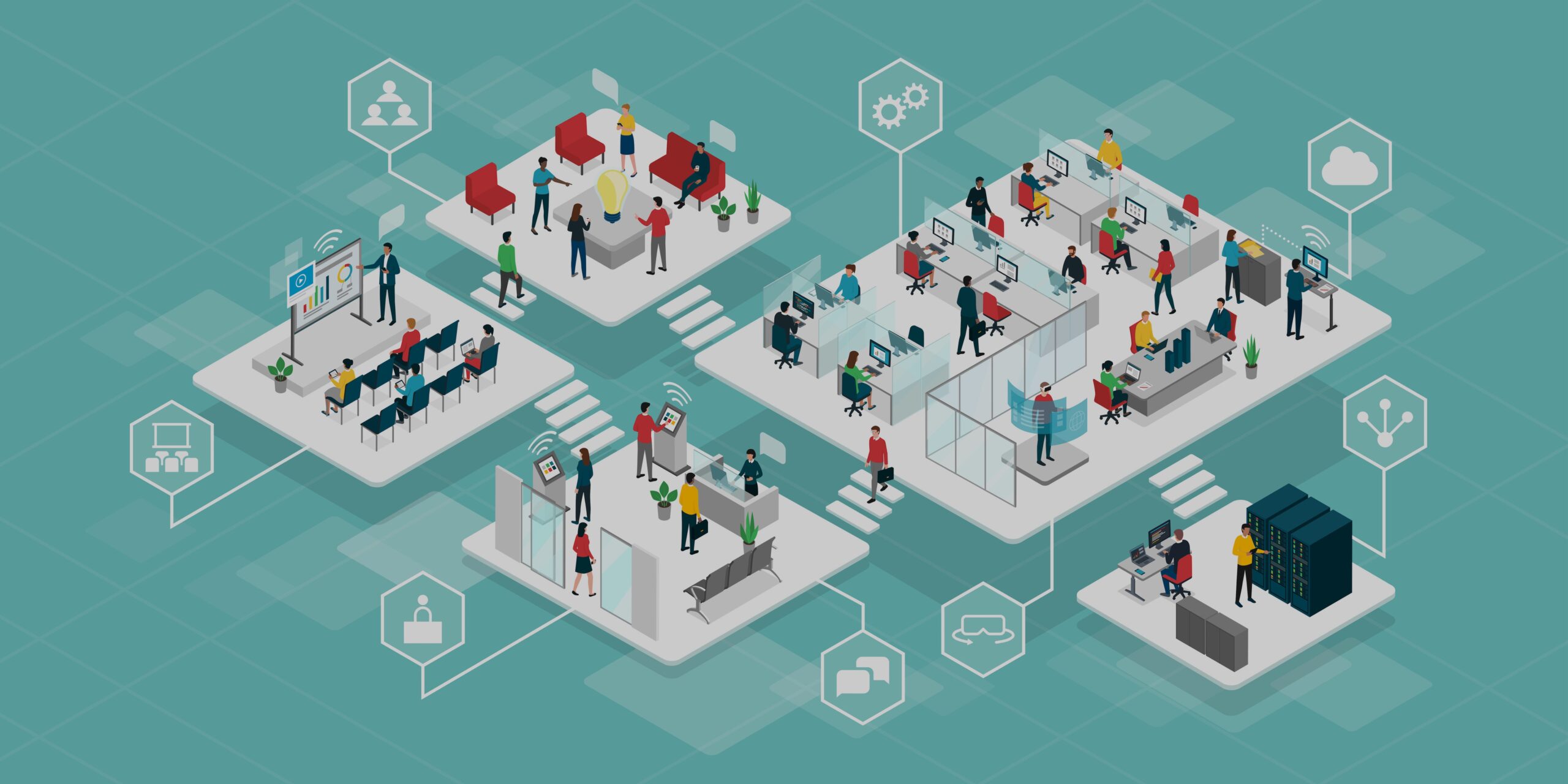
Preparing companies for a greener future
Countless companies will have to change their business models to stay competitive. They need to innovate to be prepared for a greener and more digital future. One way to cope with this challenge is to seek support from so-called innomediaries that function as innovation bridgers or change agents. The SMERF project offers smaller companies guidance on working with innomediaries. The project also creates a ...

Improving mobility in border regions
Leaving the car at home remains challenging for people in sparsely populated areas close to borders. Too often, there are simply no satisfying public transport offers available. The SUSTANCE project involves a wide range of transport stakeholders to co-design innovative mobility services and governance schemes that will help public authorities to change this. In this process, the partners deploy amongst others customised intervention action ...

Creating a market for biomass products
Central Europe has a strong potential for economically utilising biomass from agriculture. It can be processed in biorefineries and transformed into a range of high value products. But this circular approach is still in its early stages and needs support. The TeBiCE project contributes by establishing sustainable value chains for biomass-based products. The partners also help with creating a market for these products by ...
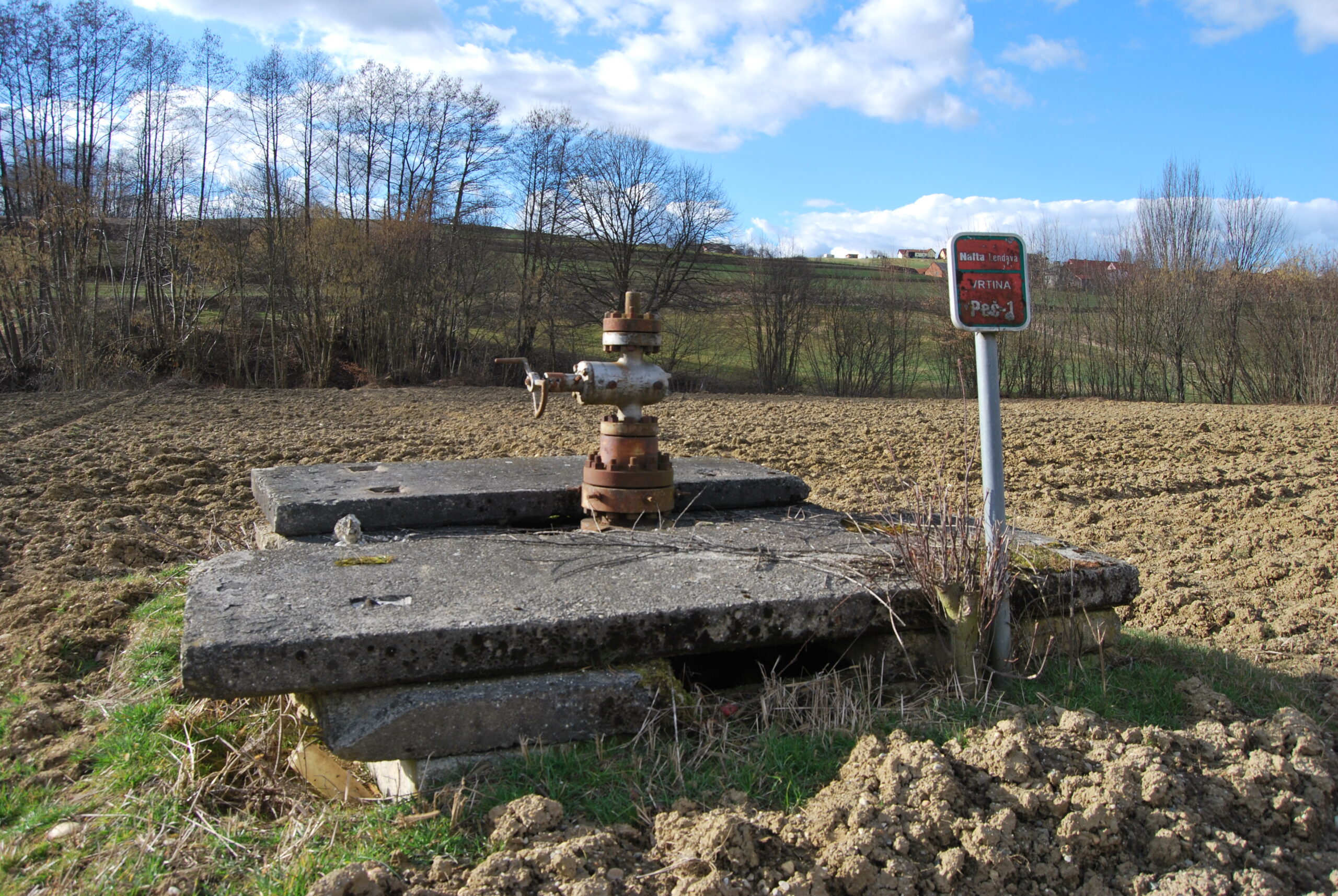
Using abandoned wells for geothermal energy production
The fossil fuels industry is declining in central Europe and leaves behind countless gas and oil wells. The TRANSGEO project is turning this environmental problem into an opportunity: it investigates the potentials of such abandoned infrastructures for producing and storing green geothermal energy. The partnership develops a transnational strategy and regional action plans to give a second life to the wells and tests their ...

Integrating virtual reality into medical education
Medical interventions are increasingly digitalised but training of health care staff is still lagging behind. The VReduMED project helps to untap the potential of virtual and augmented reality for their education. The partnership develops a roadmap for virtual reality training products and services and will publish a handbook on the integration of virtual reality into health care education. They also set up three regional ...
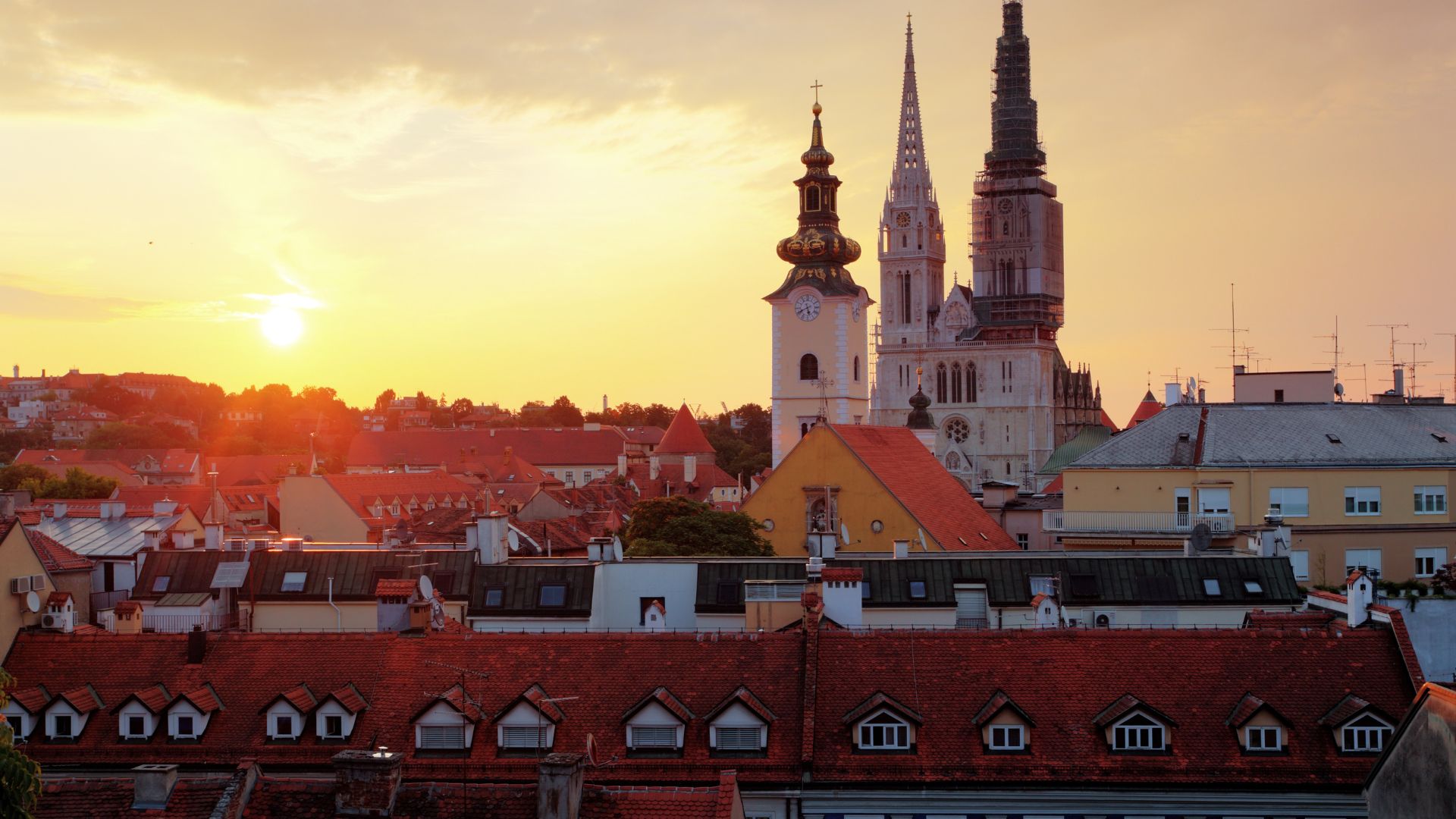
Reducing the energy usage of historic neighbourhoods
Public zero-energy buildings produce enough renewable energy to meet their own annual energy consumption requirements. They help regions and cities to save energy and money. But what to do in historic neighbourhoods with rigid building protection rules? The ZEB4ZEN project develops a transferrable transnational methodology and regional action plans for achieving zero-emission standards, which they also test in pilot actions in historic city neighbourhoods.